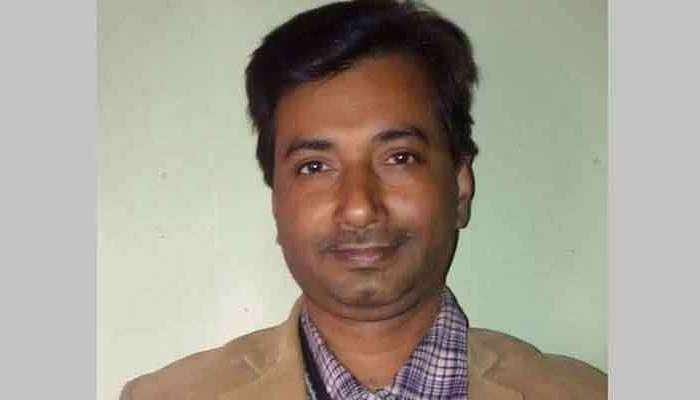On May 13, 2016 Rajdeo Ranjan was murdered at a fruit market near Siwan train station. He was returning to his office around 8pm when two men on motorbikes appeared and shot him at close range in the head and neck. He died shortly afterwards at a nearby hospital. He is survived by his wife, Asha Dev, and their son and daughter.
Ranjan had a long and successful career as a journalist covering politics and crime for the Hindustan Daily, where he was bureau chief. In this capacity he reported on former RJD MP Mohammad Shahabuddin and his various abuses of power while in office. At the time of the killing Shahabuddin was serving a prison sentence for dozens of charges, including murder, illegal possession of firearms, and voter-intimidation. The police reported that they had discovered « a hit list » belonging to Shahabuddin in 2014 which included Ranjan.
Ranjan’s wife and colleagues strongly believe that Shahabuddin was behind the attack. One of his fellow journalists claimed that he was previously threatened at gun point. In light of this killing and others the Press Council of India advocated for a law that would guide the investigations into the murder of journalists across the country. Numerous human rights organisations and international groups condemned the killing. However Shahabuddin was shortly afterwards released on bail. An ongoing investigation has yet to result in any convictions
